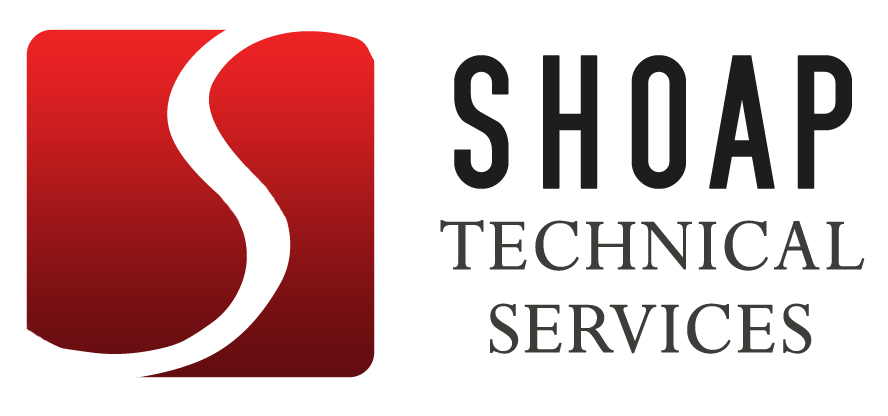By Rachel Shoap
In a world full of individuals with such diverse skill-sets, interests, and passions, there are few who possess the expertise and chutzpa needed to be successful technical writers. The following list represents what I (a relative outsider to the field) think you need to possess to be a great technical writer:
- Technical Aptitude: You know the old saying: “You can’t explain what you don’t understand”? Never was this truer than in the field of technical writing. If you don’t understand what you’re writing about, I guarantee no one else will either. You don’t have to be a software developer to describe how to use an app (in fact, that would probably be an impediment because you already know how it works). But you do have to understand how to use it to be able to describe the steps for someone to follow for that person to be able to use it. After all, the goal here is to communicate your knowledge.
- Common Sense: Overthinking can be detrimental to one’s success, so it’s best to use the KISS (Keep It Simple Stupid) mindset, an acronym that I, as a salesperson, have taken to heart and that is now ingrained in my DNA. By using basic tech knowledge, and incorporating it into your writing process, you can become an asset to any company you work for.
- Effective Communication Skills: How many times have you talked to a friend about something important, and she repeats what you said just to prove to you that she was listening, but can’t go into detail about what the conversation was about? I cannot stress enough the importance of communication in the technical writing industry. It starts with listening. Being able to listen to your clients’ needs and showing them that not only are you paying attention, but understanding and implementing those needs into the finished product (the deliverable) will build trust, surely fostering a long-term working relationship that will most likely result in repeat business.
- Organization: The great Mark Twain once said, “The secret of getting ahead is getting started.” You can’t get ahead if you don’t even know where to start. Usually this inability to begin is a consequence of disorganization. Organization does not just mean making sure everything is in its rightful place, but mental organization and process organization: know what you want to say and have a roadmap on how to get there. Having a set organized process permits a technical writer to produce consistent results. There are always exceptions (client requests), but if you stray too far off the beaten path, then you’ll struggle to meet deadlines, which will lower customer confidence, and ultimately diminish your own confidence as a writer.
- Declutter Your Mind: Clearing your mind allows you to become sharper and more focused. If you can’t get in the right mindset for work, your day will be full of procrastination and justifications as to why, for example, you’re taking a two-hour break when you just started working. People who can organize their thoughts and execute tasks promptly and swiftly can take on bigger projects with ease.
- Empathy: As technical and methodical (and, let’s face it, sometimes boring) as technical writing can get, you may think that everything is written in black and white. But the ability to not only reach different audiences, incorporate those different backgrounds into your work and be understanding to the fact that not everyone can follow directions the same way – AND take that into consideration in your work – is a talent that is hard to come by. Knowing your audience and knowing its needs can greatly increase your success when completing a project. Many companies struggle to get their intended message to customers, which ultimately leads to complaints and frustration on both sides.
If you are someone interested in starting in a new profession, or you are a client (potential or current) hoping to gain some insight and clarity as to what you should look for in a writer, then take these points into consideration. When you’re the spawn of a successful technical writer, whose business has flourished for over 30 years, you start to notice things. Happy hunting!
